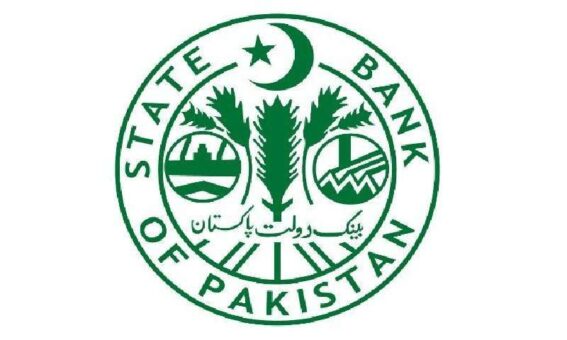ISLAMABAD: A leading scholar of the country on Sunday urged commercial banks to withdraw their appeals against the order of Federal Shariat Court (FSC).
The FSC judgment declared that Riba (usury) is Haram and prevailing banking system with interest system should be abolished forthwith.
READ MORE: State Bank, NBP to withdraw petitions in Riba case: Ishaq Dar
State Bank of Pakistan (SBP) and National Bank of Pakistan with other six commercial banks filed a review before the Supreme Court against the judgment of the FSC.
Recently, the SBP and NBP reportedly withdrew the appeals. However, private banks are still in litigation to contest the judgment of FSC.
“The private banks should withdraw their appeals to annul the judgment of the Federal Shariat Court (FSC) against the Riba (usury),” said Hafiz Muhammad Tahir Mehmood Ashrafi, Prime Minister’s Special Representative for Interfaith Harmony and the Middle East Hafiz Muhammad Tahir Mehmood Ashrafi, while talking to the state media.
READ MORE: KCCI demands implementation of Riba free banking
He said the government had taken practical steps by withdrawing appeals of national and state banks from the apex court in a bid to get rid of the interest-based economic system.
Ashrafi, who is also the chairman of Pakistan Ulema Council, assured the government all-out support of Ulema and Mashaykh in the implementation of FSC’s decision in letter and spirit.
He proposed all the financial institutions devise a combined strategy to make the country’s economic system free of interest which was totally against the divine commands.
He also urged the government to take stern action against the people who were allegedly involved in an interest-based system at the local level.
READ MORE: SBP seeks Supreme Court guidance on Riba case judgement
He said Pakistan, currently, was facing a critical financial crisis and its solution was lying in political stability and improved law and order situation in the country.
He urged all the religious and political parties to unite on one platform and help cope with burgeoning polarization, extremism, and the new wave of terrorism with collective efforts.
He also appealed the Pakistan Tehreek-e-Insaf Chief Imran Khan to come to the table-talk to evolve consensus on the ‘Charter of Pakistan’ as it was the need of the hour and it would help control increasing violence in the society and improve the ailing economy of the country.
He proposed that the way ‘Message of Pakistan’ was designed to promote religious harmony in all sections of the society, there should be long-term policies on the country’s social, economic, and foreign affairs issues in the shape of ‘Charter of Pakistan’ and it should be implemented by all the governments to come and national institutions in the larger national interest.
READ MORE: IPS demands implementation of court judgment on Riba
Ashrafi emphasized that Pakistan had to go out of the box in the matter of its foreign policy as there was a paradigm shift in the external affairs of the Islamic and Arab world.
He also thanked the Saudi leadership for extending the term of deposit in the State Bank of Pakistan (SBP) from the Saudi Fund for Development.
Expressing gratitude to Custodian of the Two Holy Mosques King Salman bin Abdulaziz and his Crown Prince Muhammad bin Salman, he said the relationship between Pakistan and Saudi Arabia was like two brothers.
He said Prime Minister Muhammad Shehbaz Sharif’s meetings with Saudi Crown Prince Mohammed bin Salman would yield further cooperation in the shape of Saudi investment in the days to come ahead in the country.
“Similarly, other Islamic countries are also increasing trade and economic cooperation with Pakistan,” he said expressing the hope that there would be good news from the United Arab Emirates, Qatar, Turkey and Saudi Arabia in the near future.
Ashrafi hinted that there was a big hand of the external forces and anti-state elements behind an organized smear campaign against the national security institutions and armed forces.
“We must counter the concocted propaganda of our arch enemy against our national defense institutions and Pakistan Army with a pragmatic approach instead of becoming part of it,” he maintained.
